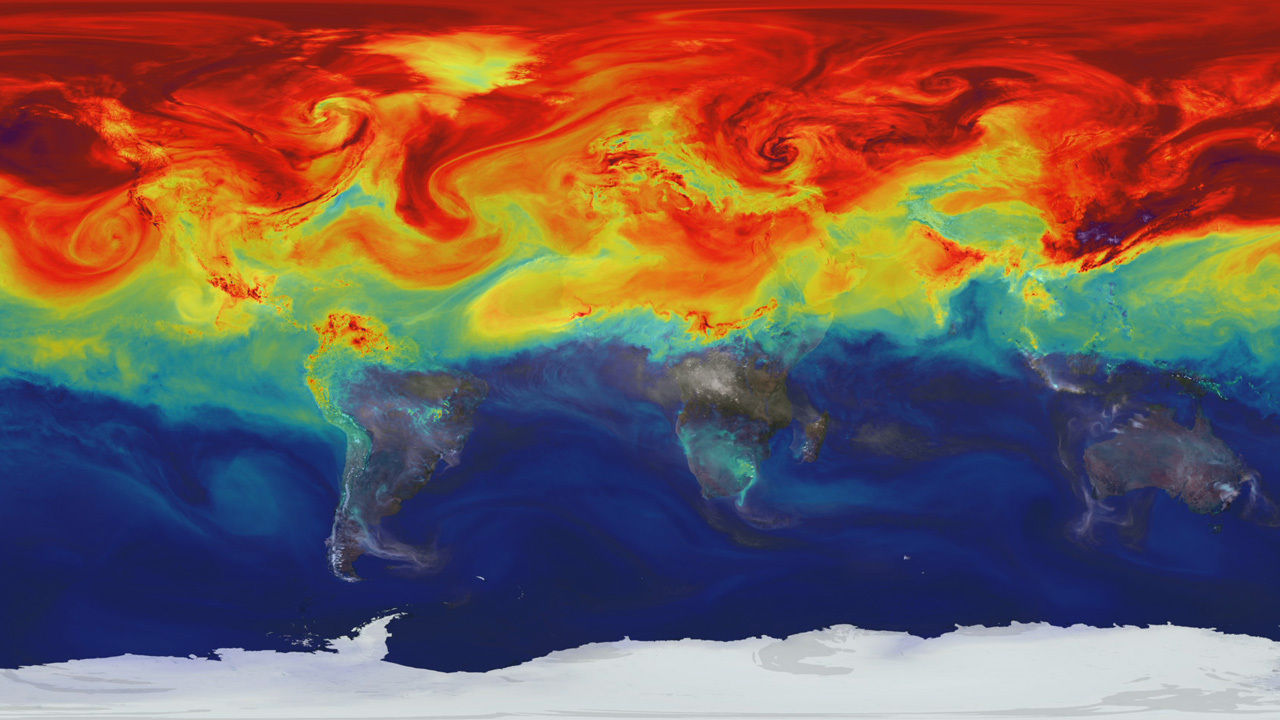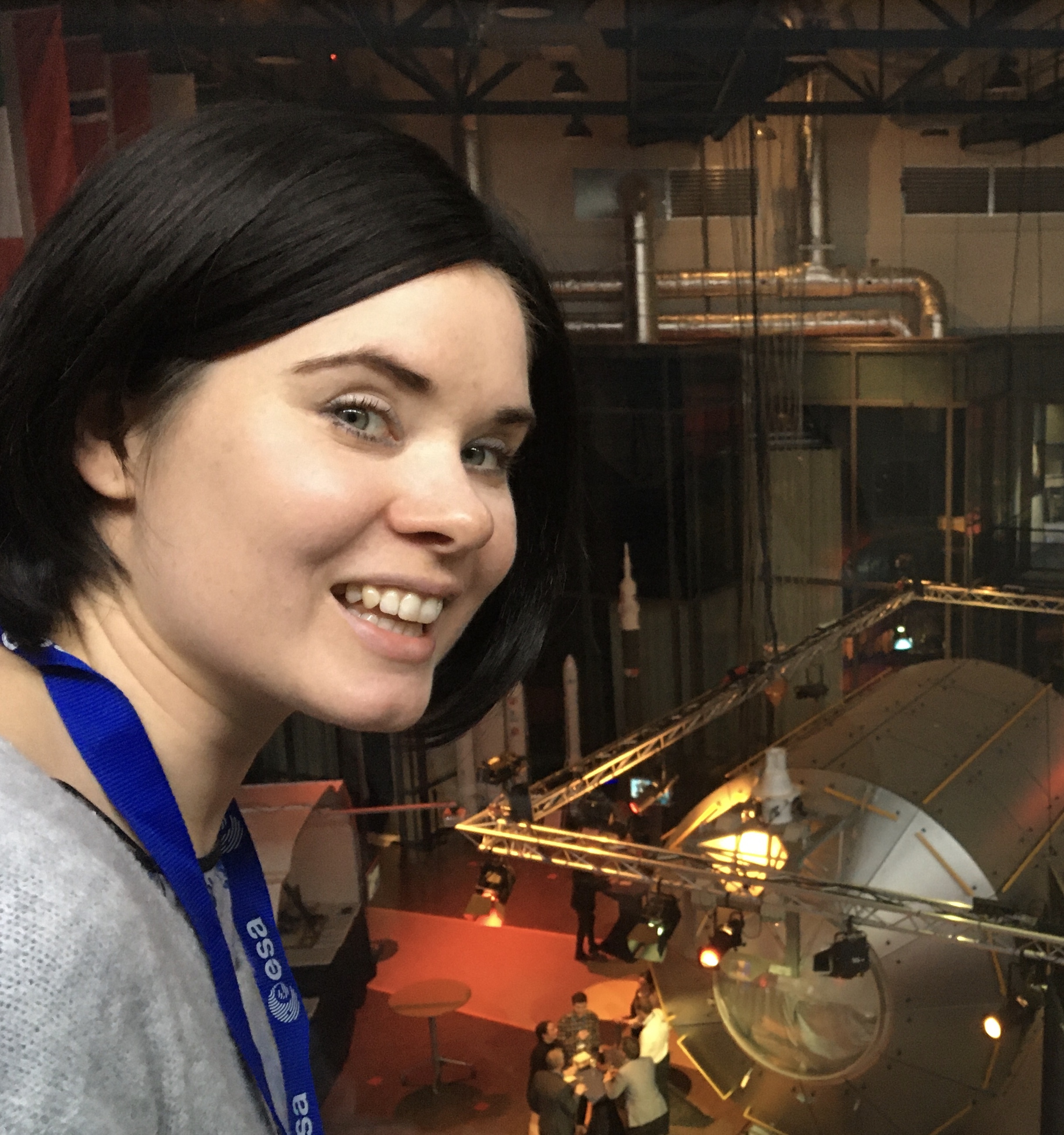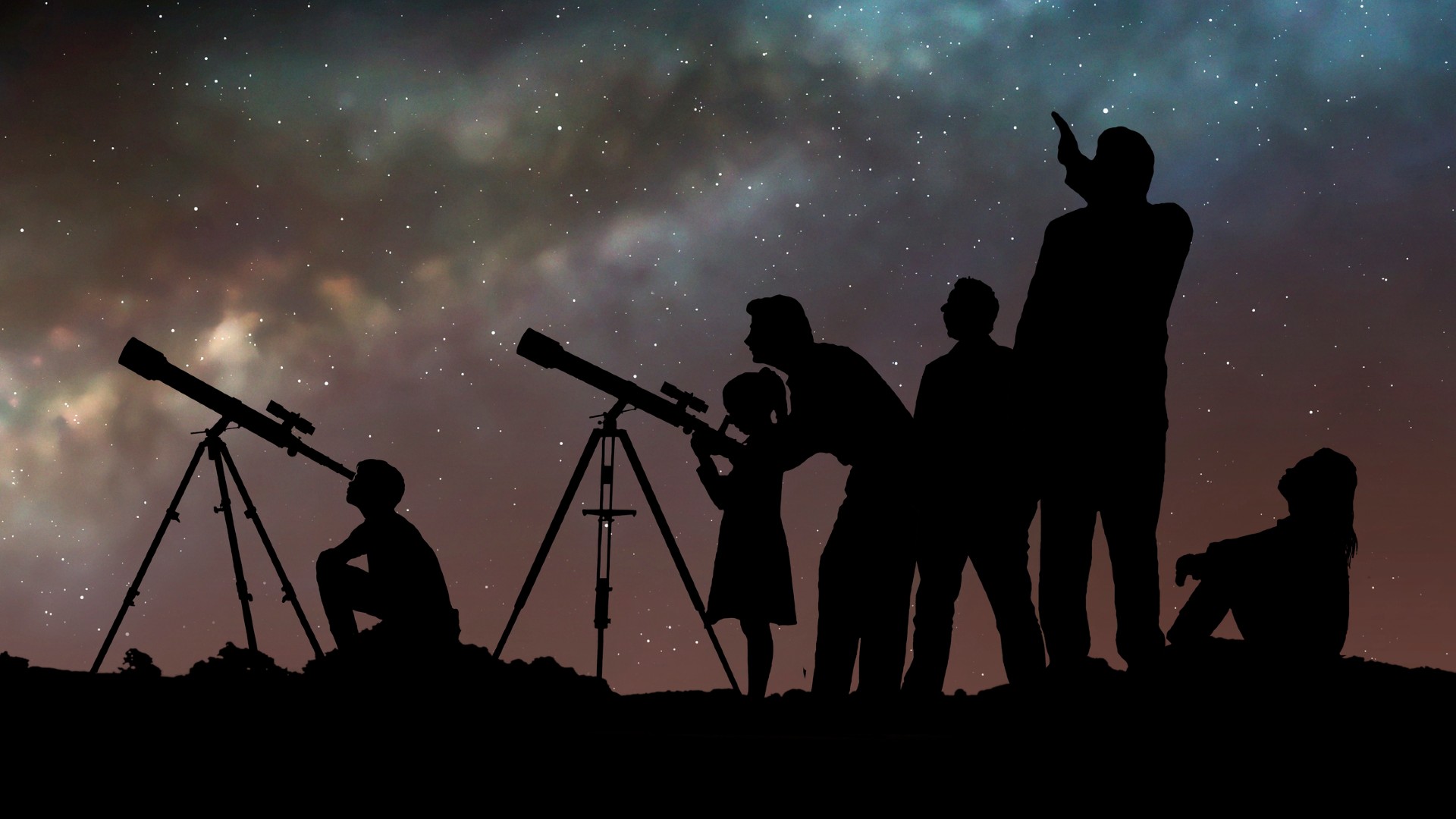Climate change takes center stage at COP26 summit in Scotland this week
The world is not on track to keep dangerous climate warming in check, will the Glasgow summit change that?

The United Nations Climate Change Conference (COP26) has kicked off in the Scottish city of Glasgow, welcoming world leaders, experts and activists who will look for ways to slow down climate change.
During two weeks of discussions and negotiations, the participating countries will try to agree on a more aggressive stance to cutting greenhouse gas emissions in order for the world to have a chance to meet the global warming targets set out at the COP21 climate change conference in Paris in 2015.
The Paris Agreement, negotiated at COP21, binds countries to strive to keep the global temperature rise to 1.5 degrees Celsius compared to pre-industrial times.
Related: Could climate change make humans go extinct?
This goal, however, seems elusive. On Tuesday (Oct. 26), less than a week before the start of the COP26 negotiations, the United Nations Environment Programme (UNEP) released its Emissions Gap Report 21, which found that with the existing national emission reduction commitments, the world will still see global temperatures jump by 2.7 degrees Celsius by the end of this century.
Faster warming will lead to speedier degradation of the environment, more frequent weather extremes and weather related disasters including floods, droughts and wildfires, as well as faster sea level rise.
Signs of the accelerating climate change are already omnipresent. The year 2021 witnessed a range of disastrous events affecting countries on all continents. Satellites have been observing ice sheets melting at unprecedented rates as polar regions warm up faster than other parts of the world. Tropical storms have been battering areas unused to them, such as the coast of the desert-covered Arabian state of Oman. Record-breaking heat waves led to devastating wildfires, which devoured vast areas of forest and land, releasing huge amounts of the chief warming agent, carbon dioxide, into Earth's atmosphere.
Breaking space news, the latest updates on rocket launches, skywatching events and more!
The Glasgow negotiations will aim to motivate countries to strengthen their measures and agree on a tougher approach and speedier action as scientists warn that the decade leading up to 2030 is key if humankind is to win its climate battle.
However, negotiations have traditionally been tough, with less developed countries criticizing states of the developed west for bearing the majority of the responsibility for the situation, while expecting equal treatment. Former U.S. President Donald Trump withdrew the U.S. participation in the Paris Agreement in 2019, however, the country rejoined shortly after the Biden administration came to power.
Follow Tereza Pultarova on Twitter @TerezaPultarova. Follow us on Twitter @Spacedotcom and on Facebook.

Tereza is a London-based science and technology journalist, aspiring fiction writer and amateur gymnast. She worked as a reporter at the Engineering and Technology magazine, freelanced for a range of publications including Live Science, Space.com, Professional Engineering, Via Satellite and Space News and served as a maternity cover science editor at the European Space Agency.
